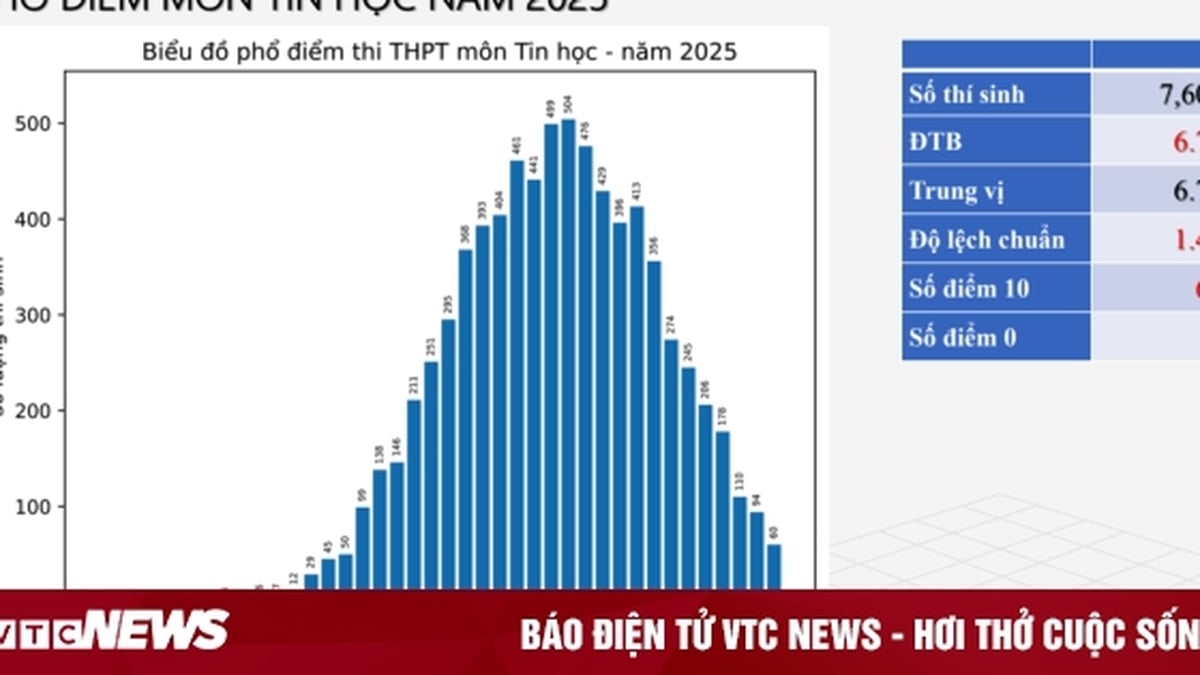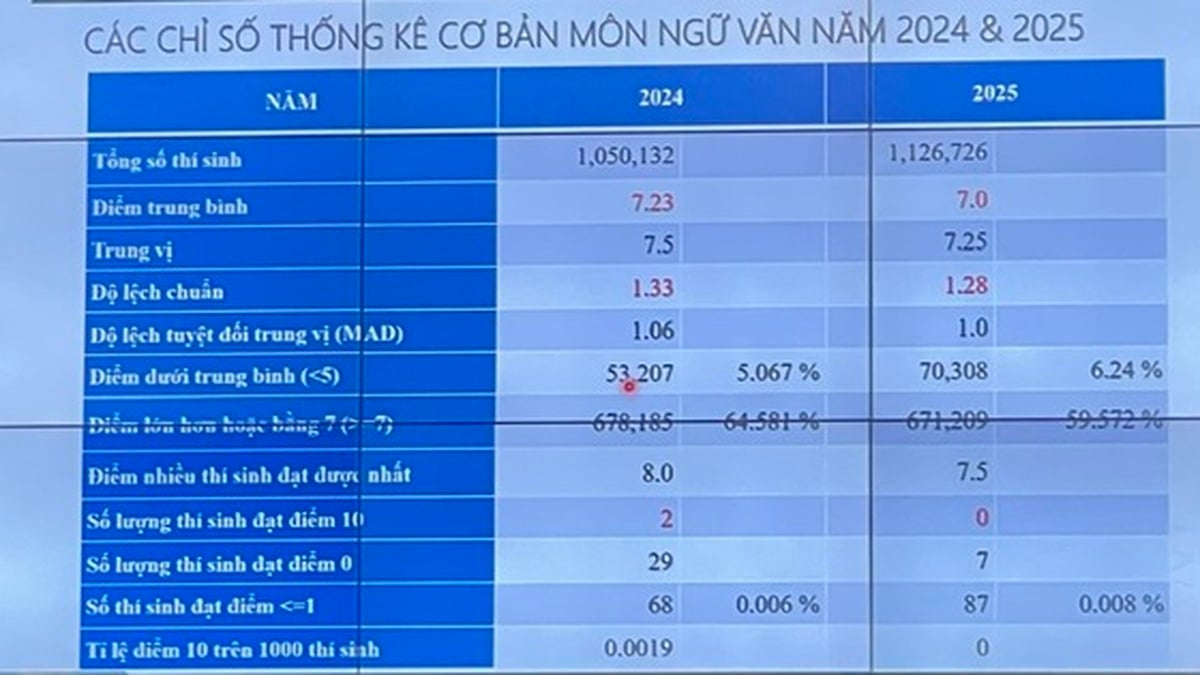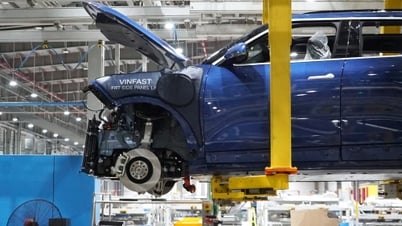According to Decree 117, from July 1, sellers (households and individuals doing business) on e-commerce platforms and digital platforms will have these units deduct and pay taxes instead of value added tax (VAT) and personal income tax.
The above taxes will be deducted immediately when the order is successfully confirmed and the buyer accepts the payment. The tax amount is determined as a percentage of the revenue of each completed transaction. For example, value added tax (VAT) is divided into groups: goods is 1%; services is 5%; transportation, services associated with goods is 3%.

How will sellers on e-commerce platforms pay taxes from July 1?
Meanwhile, personal income tax for individuals residing in the country is 0.5% for goods; 2% for services; 1.5% for transportation and services attached to goods. Meanwhile, individuals abroad when selling goods on online platforms will be subject to corresponding tax rates of 1% for goods; 5% for services and 2% for transportation and services attached to goods.
In case the online platform management unit cannot determine whether the transaction is a product or a service, the deducted tax will be at the highest rate. This tax declaration is done monthly. For canceled or returned transactions, the platforms will have to offset the deducted tax with the seller and pay it on their behalf.
Thus, online sellers no longer have to directly declare and pay the above two types of taxes if the platform has fulfilled its responsibility to pay on their behalf, but still need to provide full identification information to the platform such as ID card/CCCD number, tax code or other identification documents as required by the tax authority.
At the same time, sellers are still responsible for declaring and paying other taxes if subject to regulation, such as special consumption tax, resource tax or environmental protection tax.
For online sales revenue not through platforms, sellers need to declare and pay taxes through the electronic information portal for households and individuals doing e-commerce business.
Source: https://vtcnews.vn/tu-1-7-nguoi-ban-hang-tren-san-thuong-mai-dien-tu-se-dong-thue-the-nao-ar950415.html





































































































Comment (0)